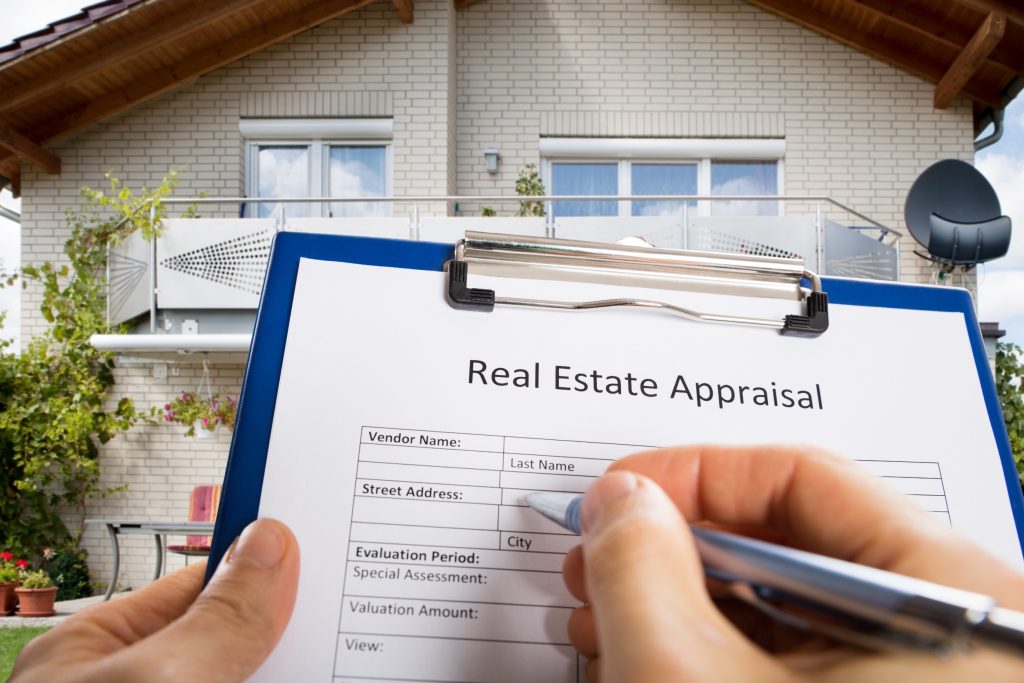
If you discussed a deal with a private lender, you might have heard a term “Loan-to-Cost Ratio.” Private lenders use the Loan-to-Cost ratio as a key underwriting metric to assess risk, determine loan amount, and evaluate the borrower’s commitment to a real estate project. It helps them make informed lending decisions and structure loans that align with their risk tolerance and lending criteria. However, many novice borrowers and some experienced investors do not exactly understand what loan-to-cost ratio is or how to calculate it. So let’s demystify it.
 New Funding Resources
New Funding Resources 









